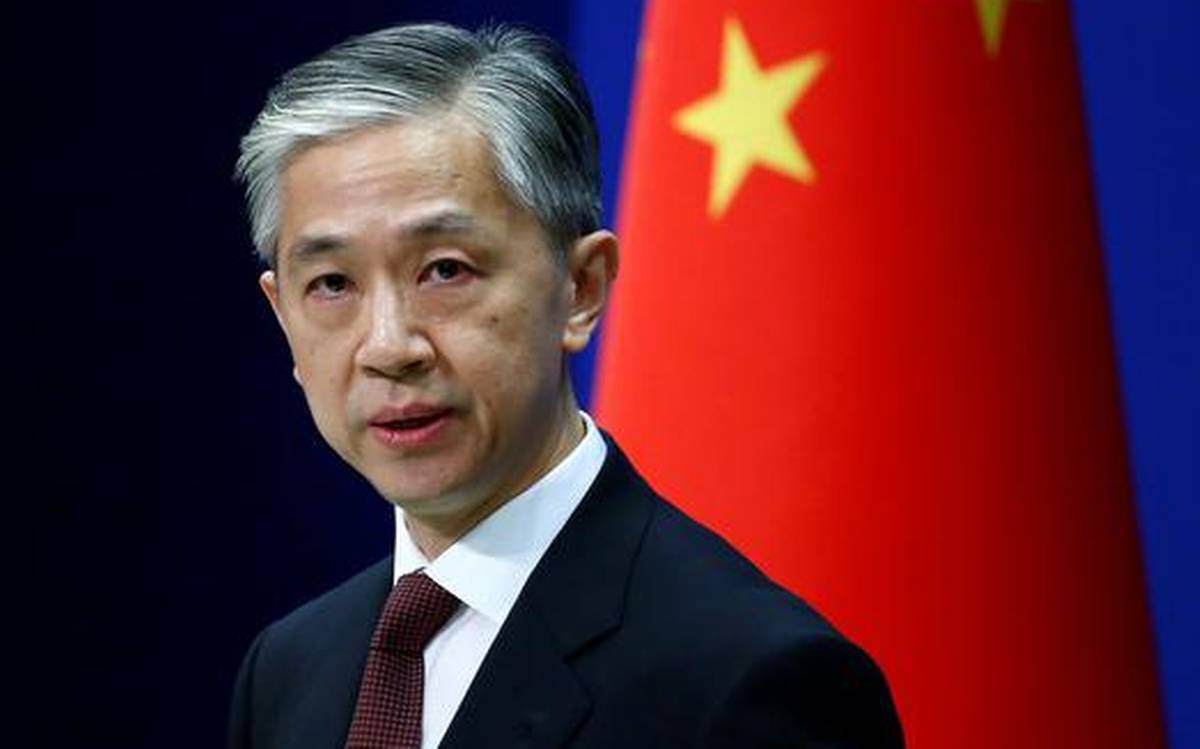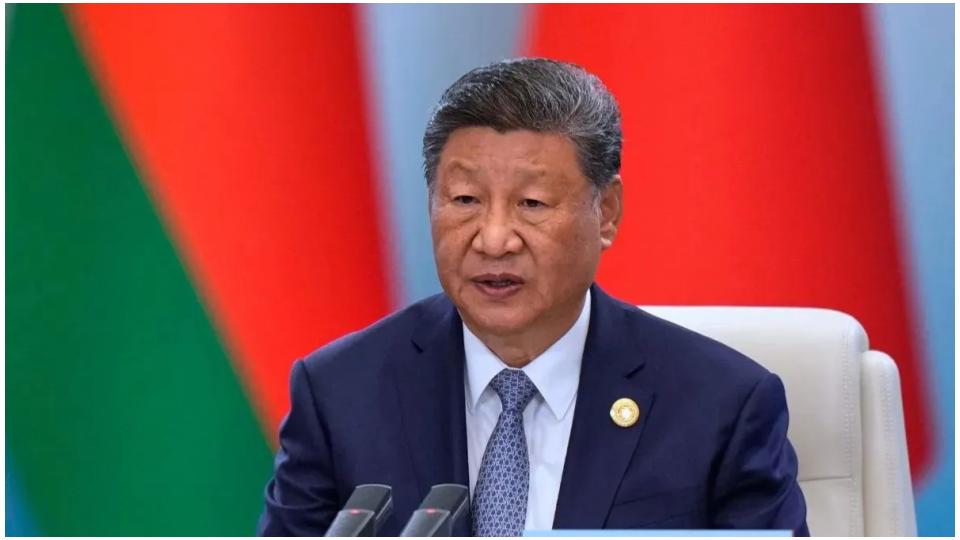China says, new land border law will not change country's position on border issues
Fri 29 Oct 2021, 09:54:12

Beijing: China yesterday said that its new land border law will not affect the implementation of existing border treaties or change the country’s position on border-related questions. Beijing’s response comes a day after India’s Ministry of External Affairs expressed concerns about the legislation in view of a protracted military standoff between India and China along the Line of Actual Control (LAC) in eastern Ladakh.
India’s external affairs ministry spokesperson Arindam Bagchi said, “China’s unilateral decision to bring about a legislation which can have implications on our existing bilateral arrangements on border management as well as on the boundary question is of concern to us.”
He said, “It may be noted that India and China have still not resolved the boundary question. He added, “We also expect that China will avoid undertaking action under the pretext of this law, which could unilaterally alter the situation in the India-China border areas.” Replying to a question on India’s concerns on the new Chinese law, Chinese foreign ministry spokesperson, Wang Wenbin said on Thursday,
“This law has clear stipulations on China’s cooperation with its neighbouring countries and the handling of the land border issues. It will not affect China’s implementation of existing border treaties, nor will it change existing practice in our cooperation with neighbouring countries. However, he said it will not change China’s position on border issues.
China’s parliament, the National People’s Congress (NPC), passed the law on 23rd October specifying the way military and local authorities will govern and guard the country’s 22,000km of land border shared with 14 countries including India. The new law will be implemented from 1st January 2022.
The law, which says China’s sovereignty
and territorial integrity are “sacred and inviolable”, talks about the role of military defence of China’s land borders alongside improving social and economic development in border areas. Explaining the law, Wang said the law identifies the leading mechanism and duties of the departments of military and localities in implementing the law.
and territorial integrity are “sacred and inviolable”, talks about the role of military defence of China’s land borders alongside improving social and economic development in border areas. Explaining the law, Wang said the law identifies the leading mechanism and duties of the departments of military and localities in implementing the law.
“It sets the rules for the demarcation procedures and also covers the areas of defence and management of borders as far as international cooperation is concerned,” he said. “China has 22,000km of land borders. It has 14 land neighbours. The promulgation of the law is to coordinate and have unified standards for strengthening border management and advance relevant cooperation,” Wang said. “This is an important measure in advancing the rule of law. It is a normal domestic legislation that serves our realistic needs and also conforms to international practice,” he said.
The new law strengthens a People’s Liberation Army (PLA) policy to work closely with civilians staying in border areas. “Under the leadership of the Central Military Commission, relevant military organs shall organise, guide and coordinate the defence and control of land borders, maintain social stability, handle emergencies and cooperate in border defence and other related work,” Article 7 of the law says.
China has reportedly built more than 600 border towns in the Tibet Autonomous Region alone. India and Bhutan are the two countries with which China is yet to resolve the border disputes. On October 14, China and Bhutan signed an MOU firming up a three-step roadmap for expediting the boundary negotiations, which Beijing said will make a “meaningful contribution” to speed up the border talks and establishment of diplomatic ties. India and China have been locked in a border standoff since April last year.
No Comments For This Post, Be first to write a Comment.
Most viewed from International
Most viewed from World
AIMIM News
Latest Urdu News
Most Viewed
May 26, 2020
Can Lionel Messi's visit boost Indian football?
Latest Videos View All
Like Us
Home
About Us
Advertise With Us
All Polls
Epaper Archives
Privacy Policy
Contact Us
Download Etemaad App
© 2026 Etemaad Daily News, All Rights Reserved.





































.jpg)
.jpg)
.jpg)


